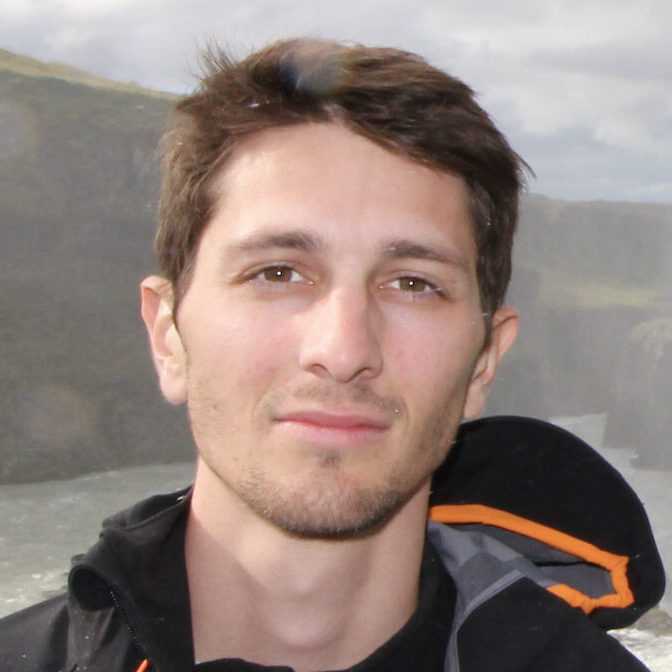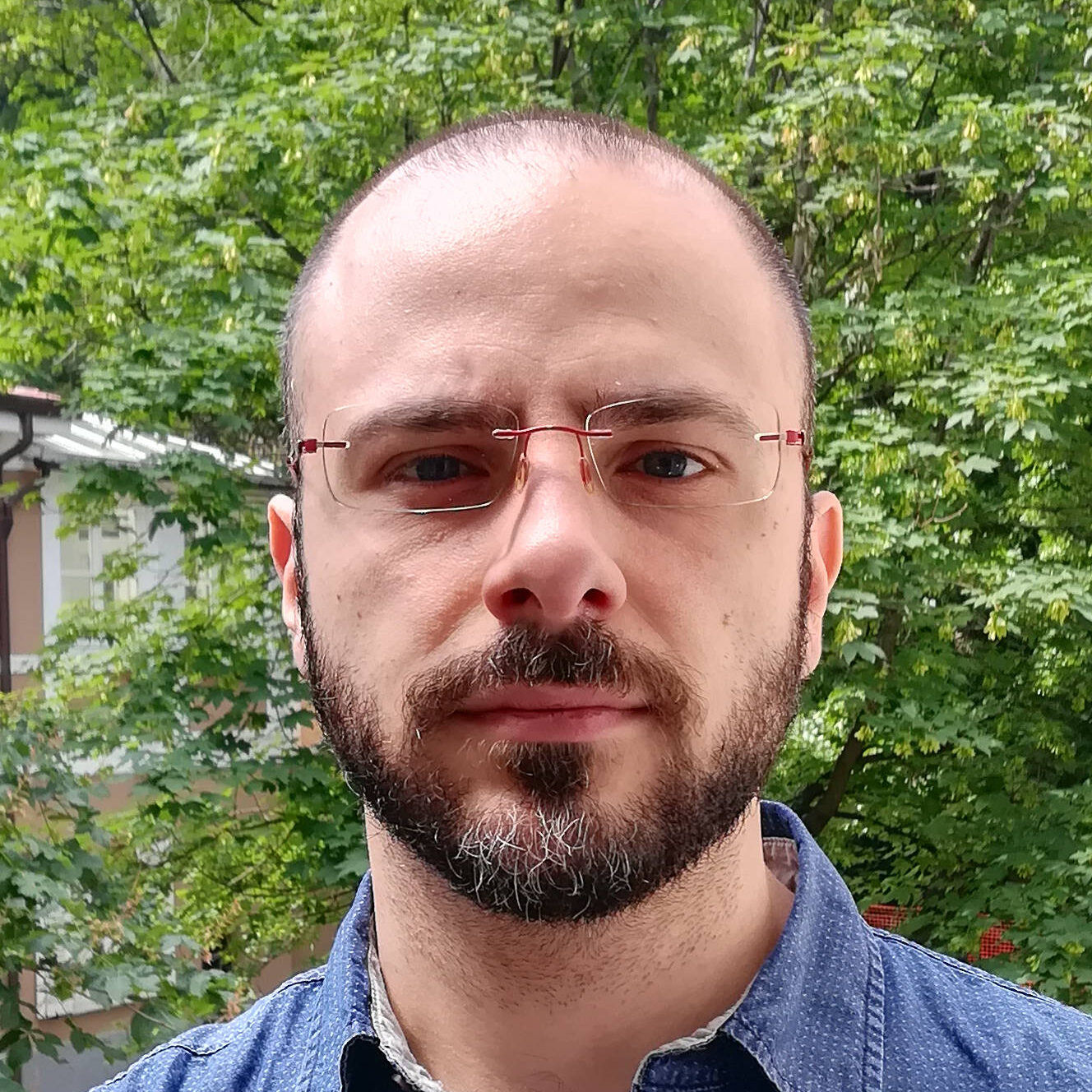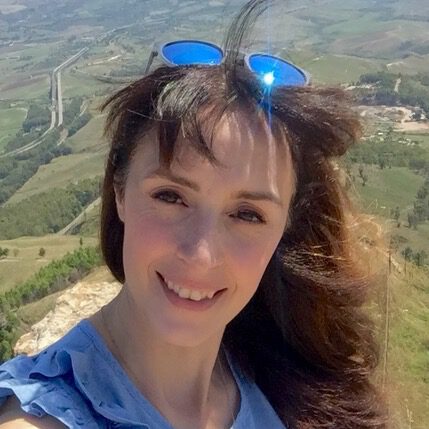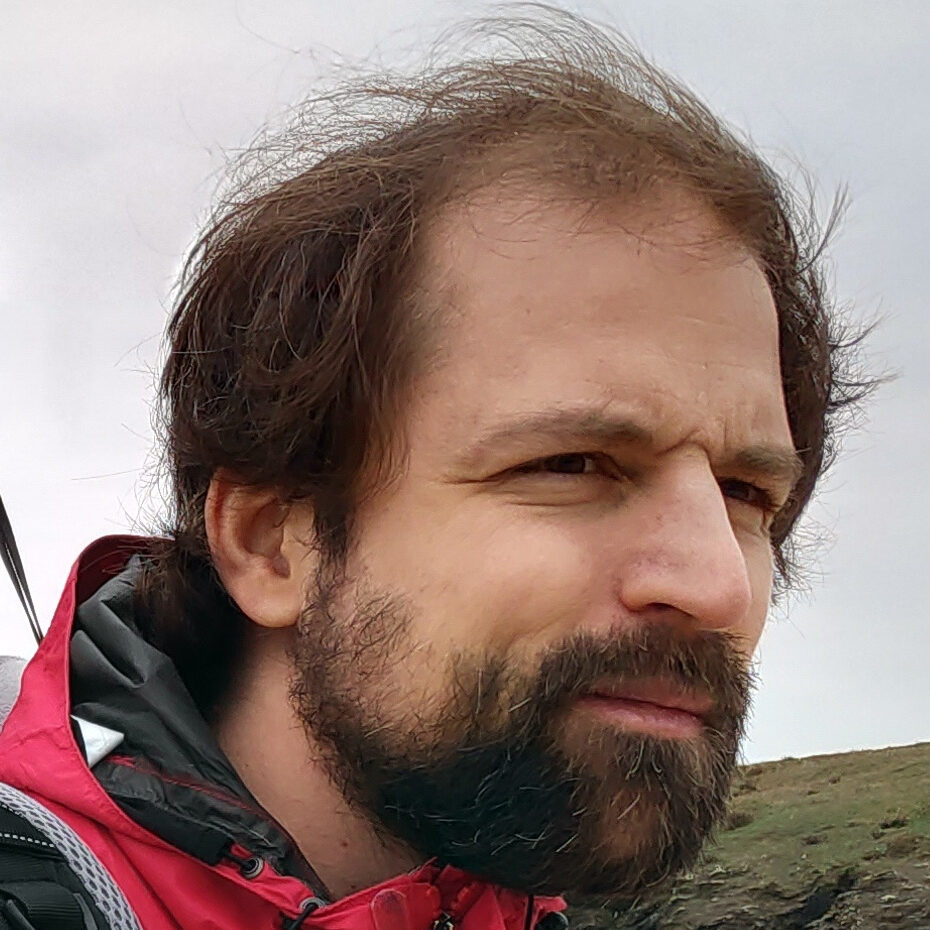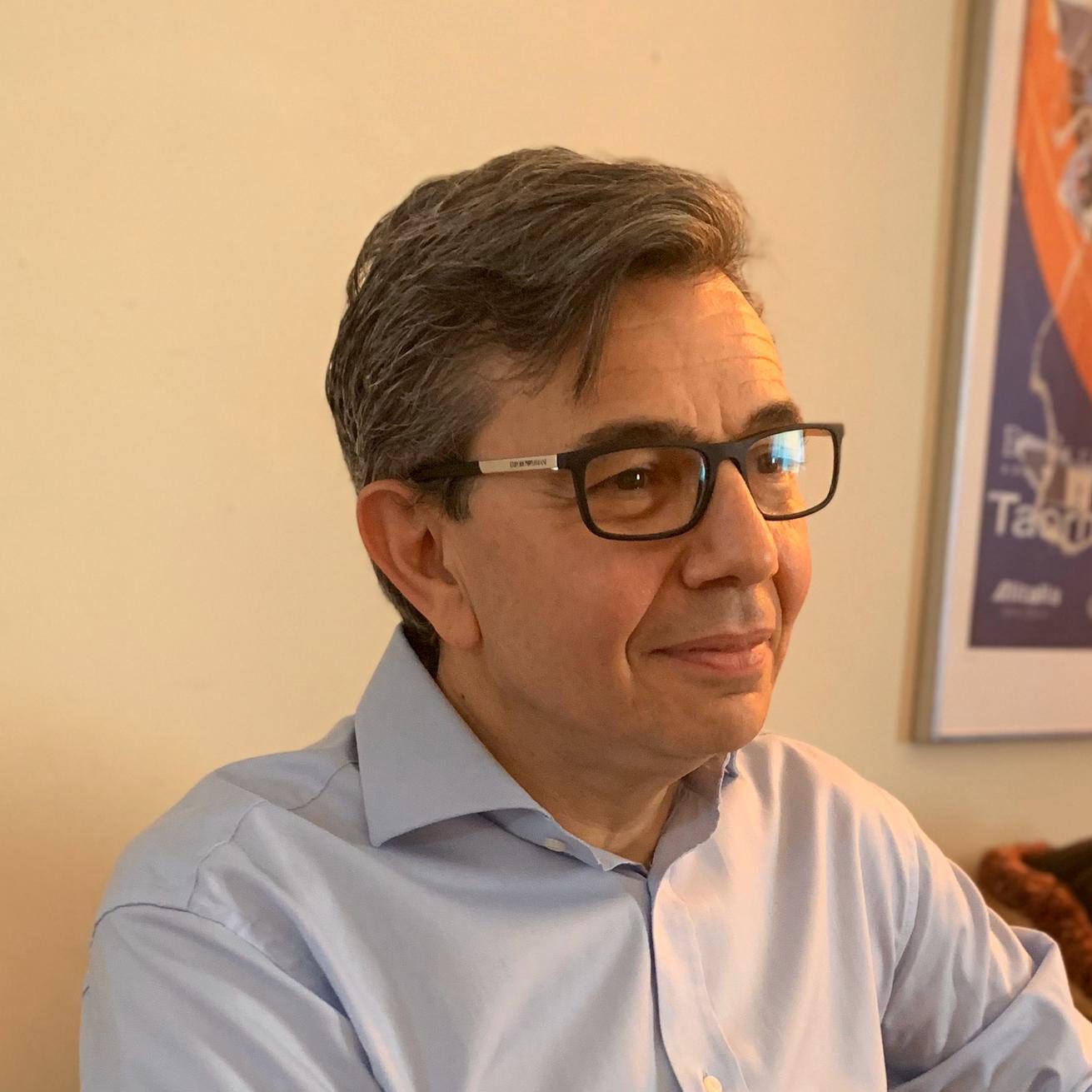The Euclid Consortium STAR Prize 2020
The Euclid Special Talent And Recognition (STAR) Prize is a prize to acknowledge work done within the Euclid Consortium in different areas of activity. It was established in 2017, and every year prizes are awarded to nominees in different categories by the Euclid STAR Prize Committee. Nominations are accepted and encouraged from any Euclid Consortium member, excluding self-nominations.
The awardees are (full bios below / on click):
Euclid STAR Prize 2020 – Student Award
Philippe Baratta is a 3rd year PhD student at the CPPM and the CPT in Marseille, France, working on galaxy clustering. His work is focused on developing a statistical tool based on Monte Carlo sampling that can be used to predict the Pk/Cl covariance matrix in a way that is scalable for any cosmological model. He’s also currently working on the forecast of the super sample covariance matrix for Euclid, both in weak lensing and galaxy clustering.
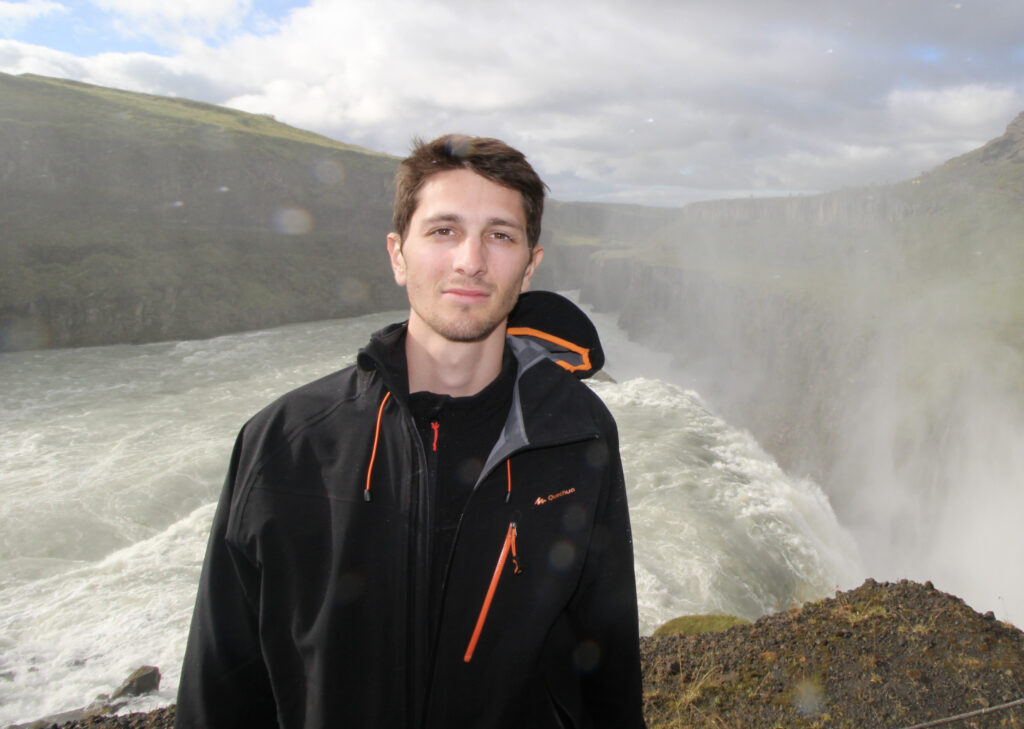
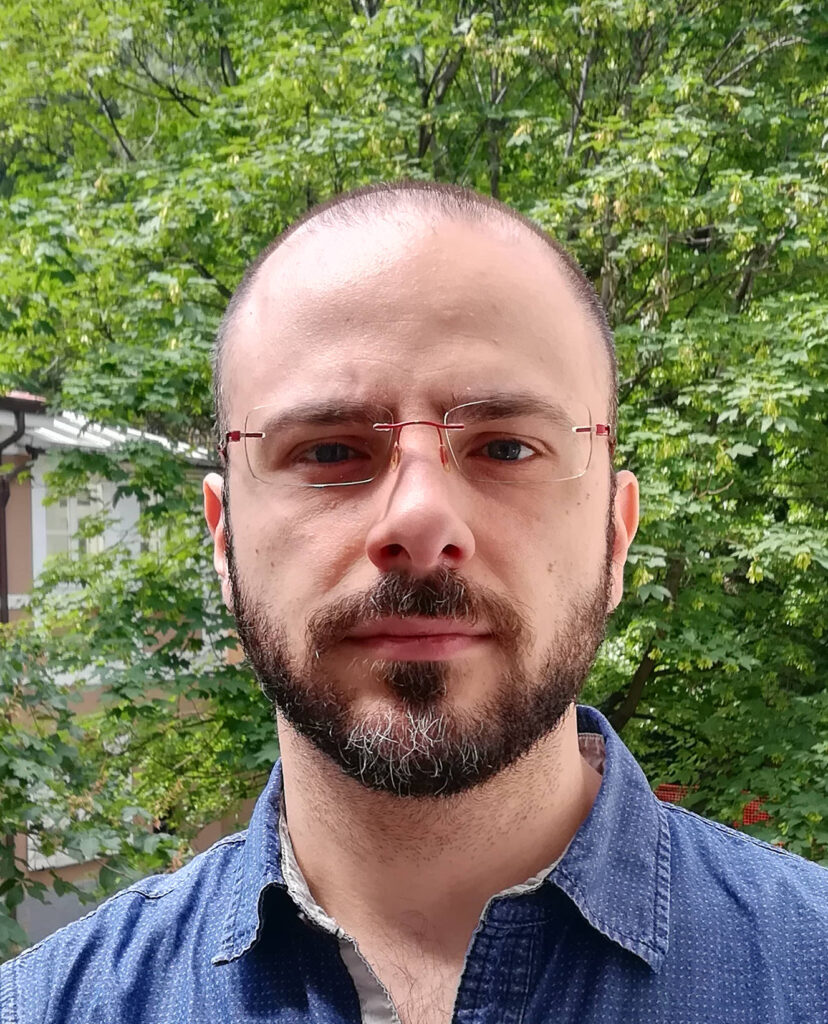
Euclid STAR Prize 2020 – Junior Scientist Award
Emiliano Munari is a researcher at the Observatory of Trieste (INAF – OATS). His work focuses on the internal structure of galaxy clusters and on fast approximate methods to generate halo catalogs in cosmological volumes. He got his PhD in 2014 at the University of Trieste, where he also worked as a postdoc. After that, he worked at the Dark Cosmology Center in Copenhagen and then at the Observatory of Trieste. In Euclid he is working on algorithm development and software integration for the LE3 Clusters of Galaxies Processing Functions, aimed at detecting and characterizing galaxy clusters.
Euclid STAR Prize 2020 – Junior Engineer Award
Paola is an astrophysicist and currently is a post-doctoral researcher at the National Institute for Astrophysics OAS Bologna, Italy. In 2018 she earned a PhD in Physics with a research project on the improvement of the wavelength calibration of the spectroscopic data of Euclid. From 2003 to 2012 she worked in Thales Alenia Space Italy (Milan) as an Assembly Integration and Verification (AIV) engineer in the Scientific Equipment Unit, working in particular on ESA’s Planck mission. In Euclid she covers the role of NISP Operation Manager Deputy, providing support to the extensive instrument ground test campaign. As a link between instrument tests and flight operation, she frequently interfaces with Mission Operation Center and Science Ground Segment to support the activities related to the preparation of the Euclid System Validation Test.
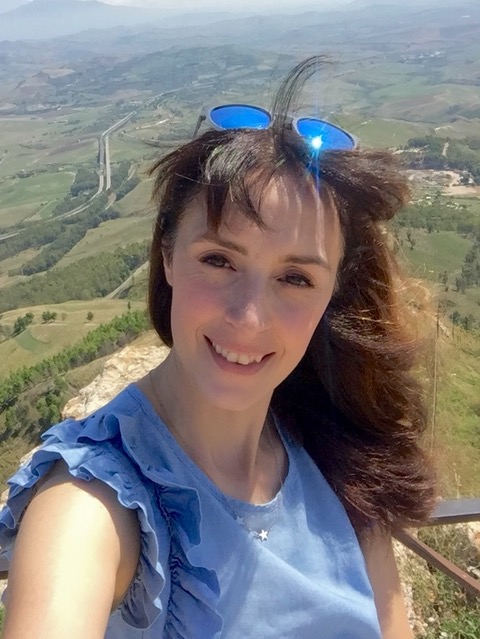
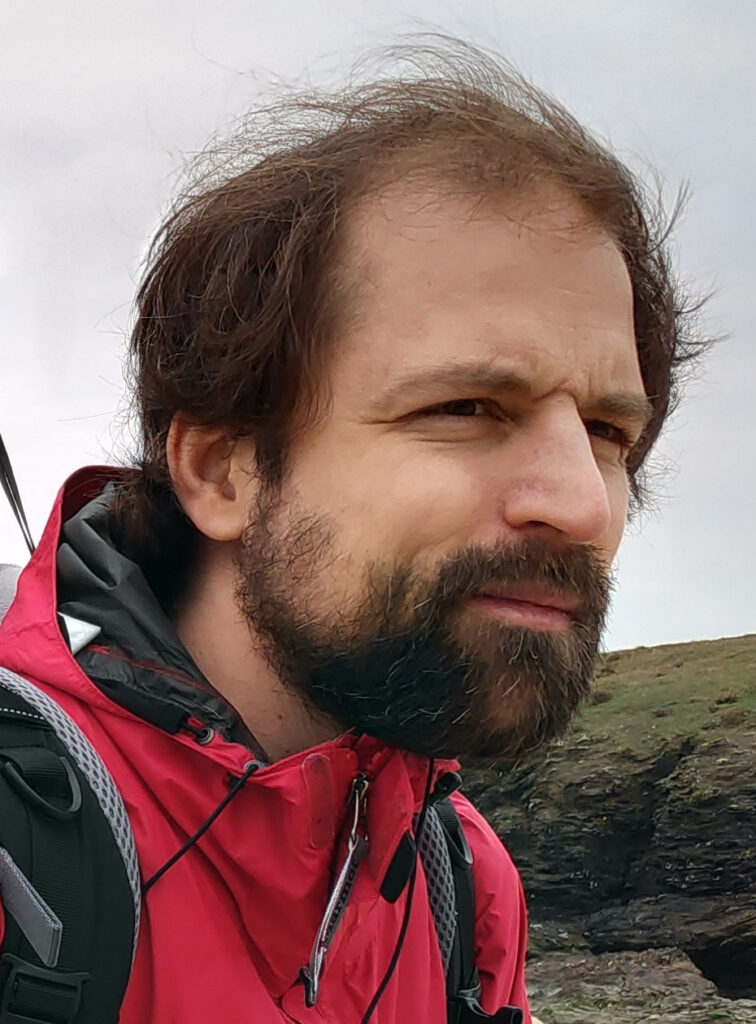
Euclid STAR Prize 2020 – Senior Award
Patrick Hudelot is a research engineer at the Institut d’Astrophysique de Paris, working on astronomical images simulation and processing. He obtained his PhD in Astrophysics in 2005 at the Observatoire Midi-Pyrénées in Toulouse on weak gravitational lensing as a tool to reconstruct galaxy cluster mass distribution. After a postdoc at the Argelander Institut in Bonn, in 2007 he moved to the data processing center TERAPIX (Paris). He specialized in the processing and analysis of imaging surveys in optical (CFHTLS) and infrared (WUDS, WIRDS, VISTA), before becoming the Lead of the center. In 2010, he got involved in Euclid working on the PSF characterisation and the VIS image processing. Initially working on the VIS processing group, he moved to the simulation group, in charge of the development of the ground segment simulator of the VIS instrument. In 2019 he became Co-Lead of the SIM group.
Euclid STAR Prize 2020 – Leadership & Coordination Award
Enzo Branchini is associate Professor at the Department of Mathematics and Physics, University Roma Tre. After graduating in 1994 at the International School of Advanced Studies, Trieste, he was postdoc at the University of Durham and then at the Kapteyn Institute, University of Groningen. The bulk of his research activity is focused on the study of large-scale density and velocity fields using different galaxy surveys. He is also a member of the Athena X-ray satellite consortium to search for the missing baryons in the warm-hot intergalactic medium and participates in indirect Dark Matter searches in the gamma-ray sky using Fermi satellite observations. He joined the Science Ground Segment of the Euclid Consortium in 2012 as manager of the OU-LE3 Work Package “Galaxy Clustering”. Since 2014 he is also co-managing the whole Level 3 Organization Unit.

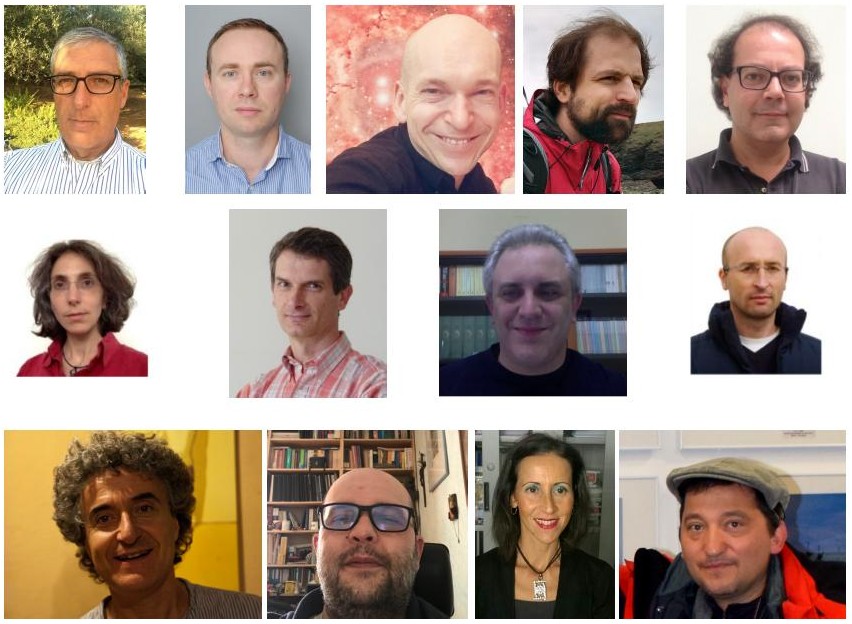
Euclid STAR Prize 2020 – Team Award
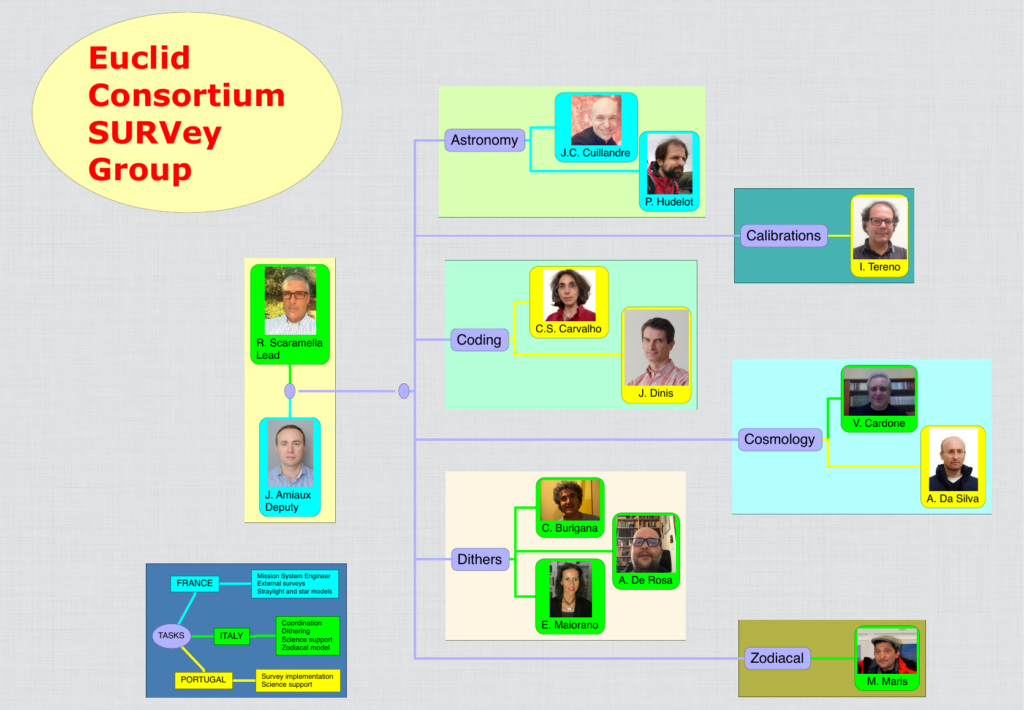
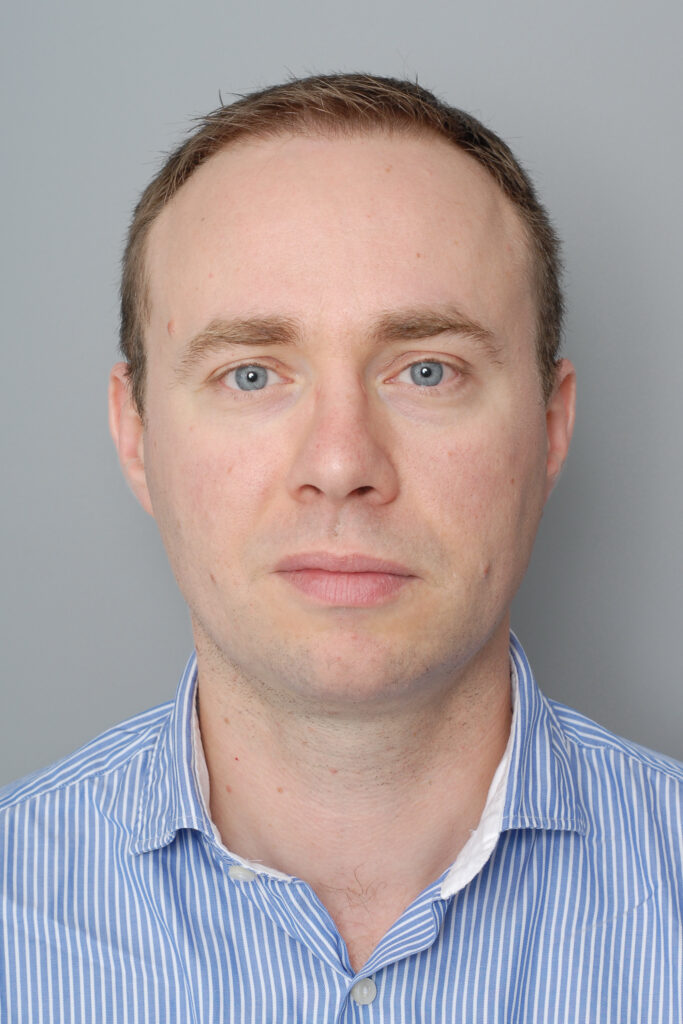
- CEA-Saclay (Commissariat à l’Energie Atomique) Department of Astrophysics
- Deputy Lead of ECSURV
- provides support to ECL on Euclid Mission System Engineering.
- System Engineer of JWST Mid InfraRed Imager (MIRIm) and ARIEL IR spectrometer (ARIEL-AIRS).
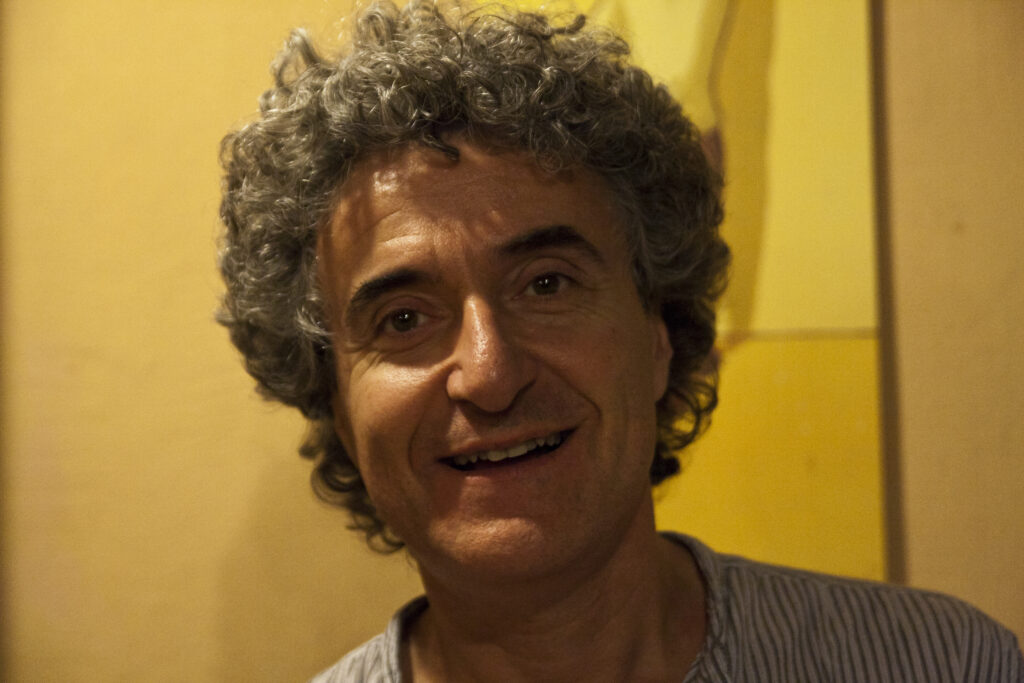
- Research Director at INAF – Istituto di Radioastronomia, Bologna.
- In Euclid since the preparatory activity for the SPACE proposal.
- ECSURV: numerical and analytical study of dithering schemes, variants and optimisation, software for integration time maps for patches to evaluate the coverage statistics.
- Cosmology: synergy with CMB, theory, models.
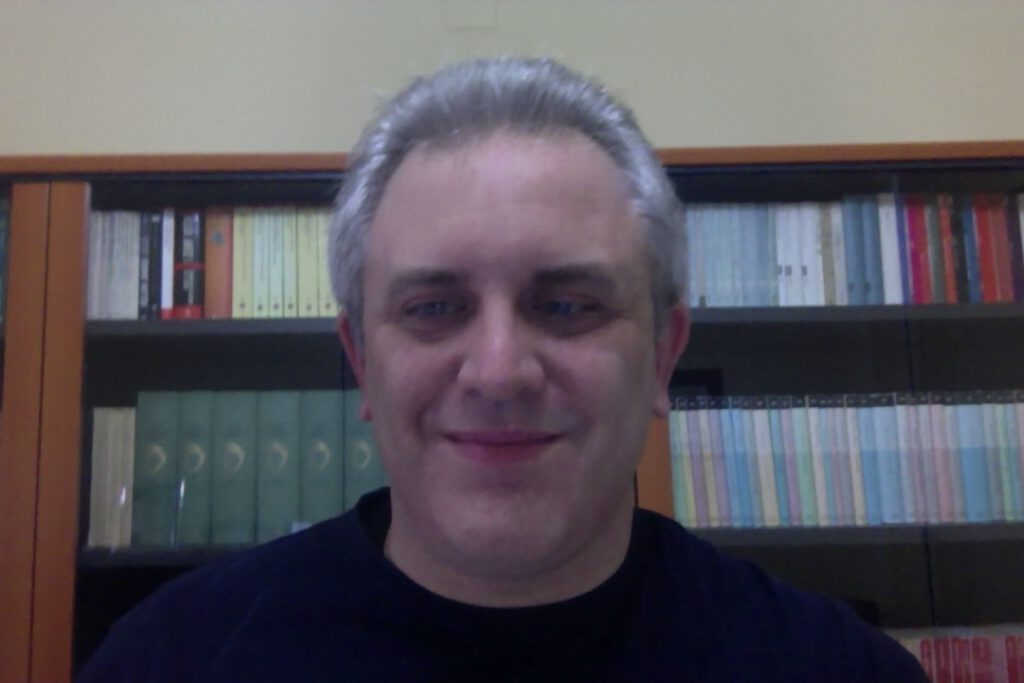
- Researcher at INAF – Osservatorio Astronomico di Roma
- Coordinator of the IST:F baselineWL task and developer of the STAFF code for WL + GCp + XC forecasts
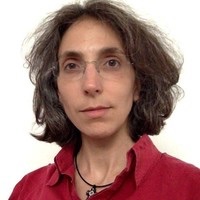
- Research Collaborator at the Institute of Astrophysics and Space Sciences, University of Lisbon and Data Scientist at Hitachi Vantara, Lisbon
- ECSURV: Euclid survey implementation; Mission Operations Concept Document (MOCD-B)
- Science: Theoretical and Statistical Cosmology, Weak Lensing (co-PI of the Lisbon pole for the H2020-COMPET-2017 project “Enabling Weak Lensing Cosmology”), Statistical Inference Methods, Population Dynamics
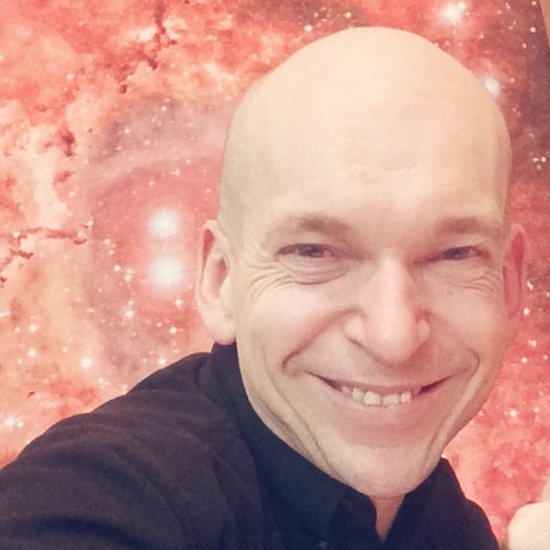
- Astronomer at CEA Saclay(DAp/AIM) / Observatoire de Paris
- ECSURV: astronomical and observational constraints and critical complementary ground-based observations (colead of ECCOG)
- Science: wide-field imaging instrumentation & data processing, the low-surface brightness universe
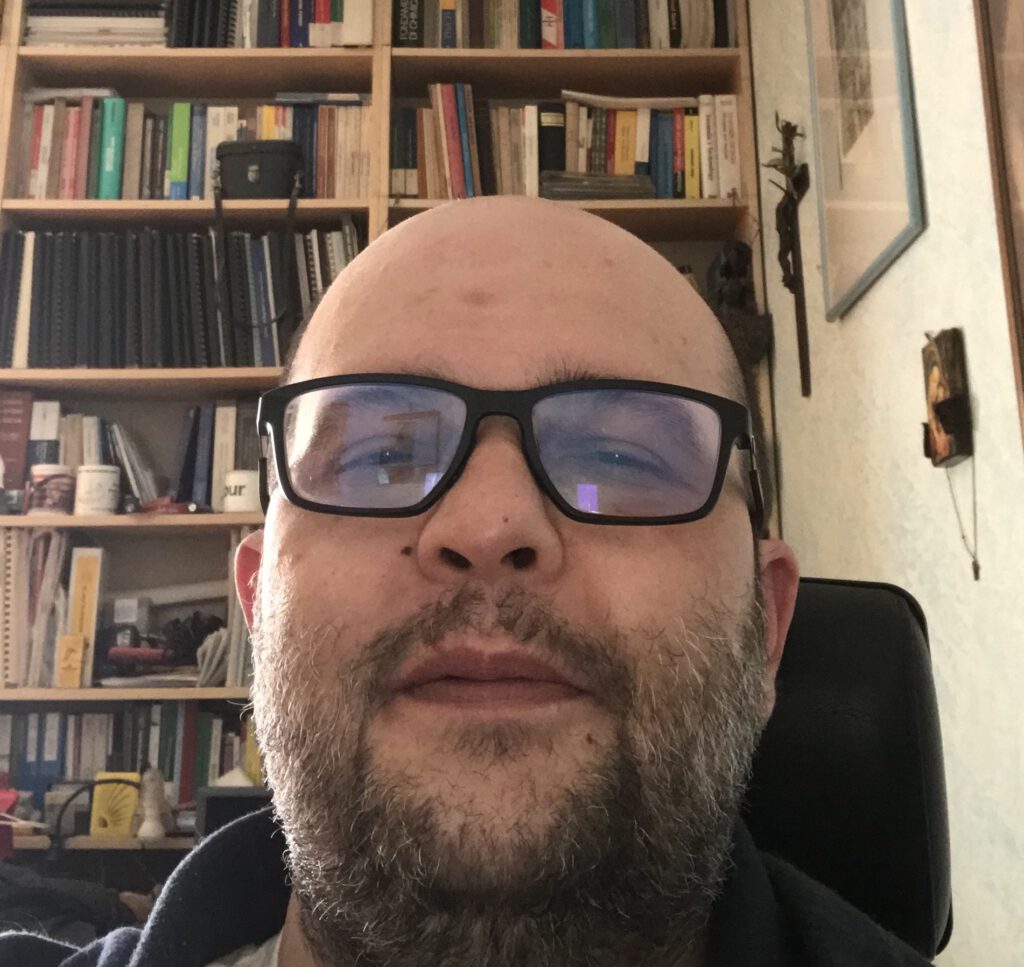
- Software engineer INAF-OAS Bologna (Italy).
- ECSURV: software writing and implementation for integration time maps for patches to evaluate the coverage statistics and study dithering scheme optimisation.
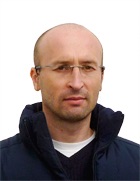
- Researcher at the Institute of Astrophysics and Space Sciences, University of Lisbon, Faculty of Sciences
- In ECSURV since its foundation (2012). Survey Science support
- Observational Cosmology: Galaxy clusters, CMB, large scale structure, numerical simulations, Data Mining, Statistical Learning methods
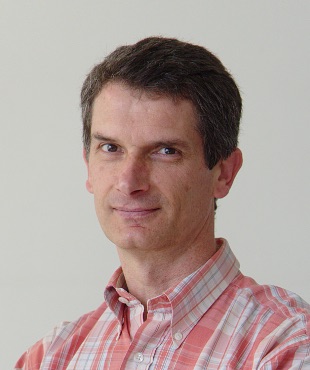
- Researcher at Instituto de Astrofísica e Ciências do Espaço, Universidade de Lisboa
- Euclid Survey Implementor (since 2013)
- Geometric Algorithms, Computational Geometry

ECSURV: computation of out of field straylight maps
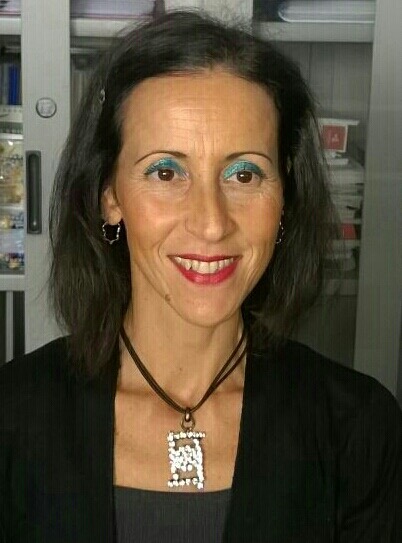
- Researcher at INAF-OAS Bologna (Italy)
- ECSURV: Software for integration time maps for patches to evaluate the coverage statistics, study for dithering scheme optimisation
- OU-SPE: Tests on the simulated spectra to optimize the performances of the software modules that compute spectral parameters
- IOT: Synergies and compliance between Survey activities and Instrument Operation Team
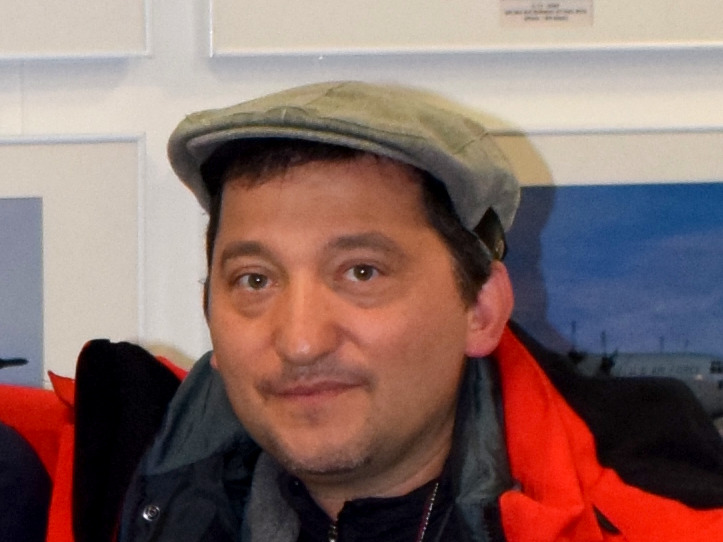
- CMB, Planck member since 1998
- astronomical technologies
- solar system and astrobiology
- ECSURV: zodiacal models

- Senior Astronomer at Rome Observatory.
- In Euclid since before the Dune proposal (Euclid Founder).
- Mission Survey Scientist for EC and EST.
- Lead of ECSURV.
- Cosmology, theory and modelization (CMB, Large Scale Structures and flows, galaxy samples).
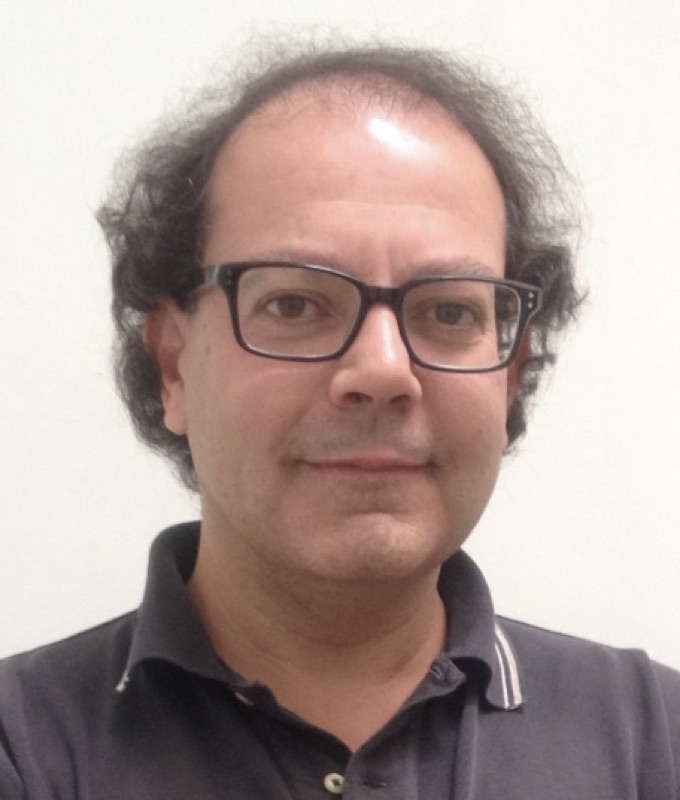
- Researcher at the Institute of Astrophysics and Space Sciences, University of Lisbon
- ECSURV: Calibrations in Survey Implementation; Mission Operations Concept Document (MOCD-B)
- Science: Cosmology, Weak Lensing (co-lead of the Higher-order WL Statistics WP in the WLSWG)

